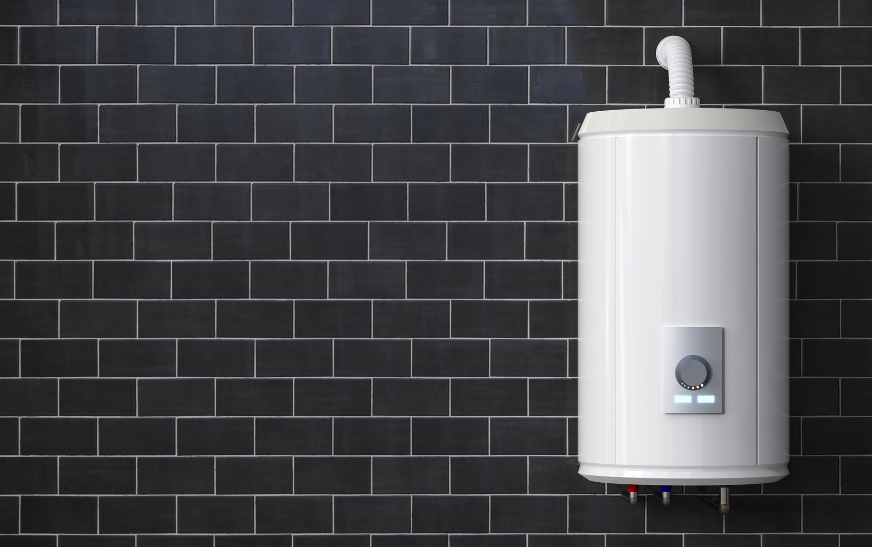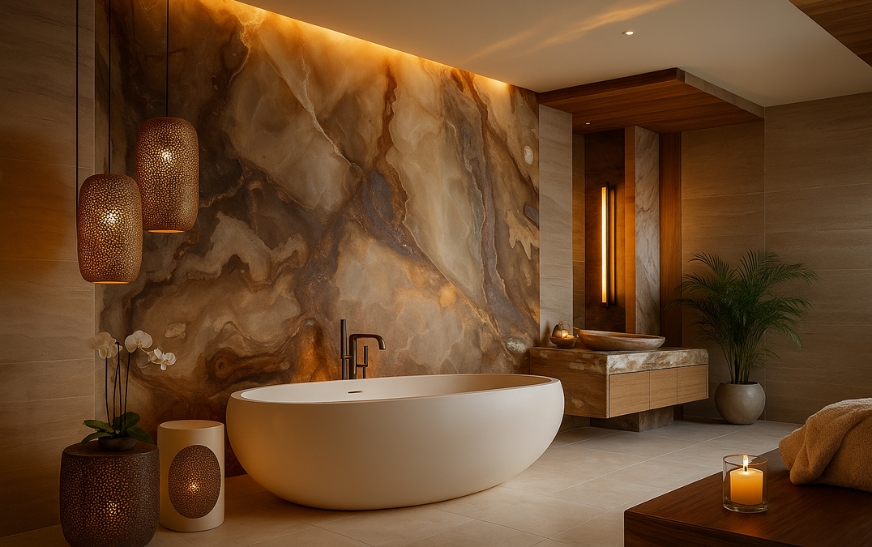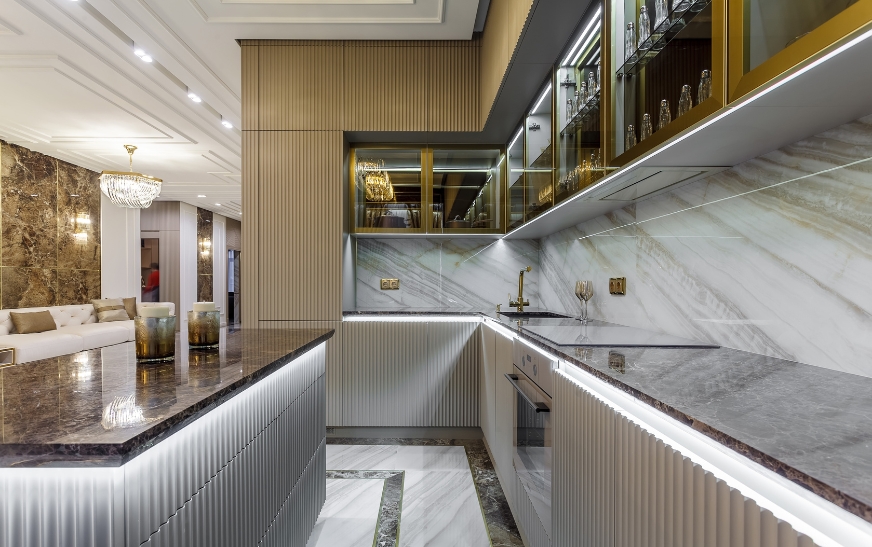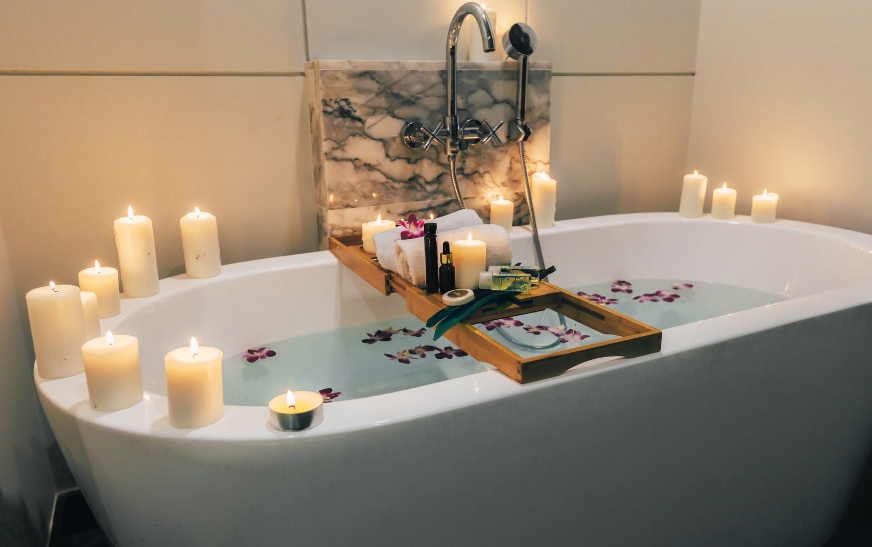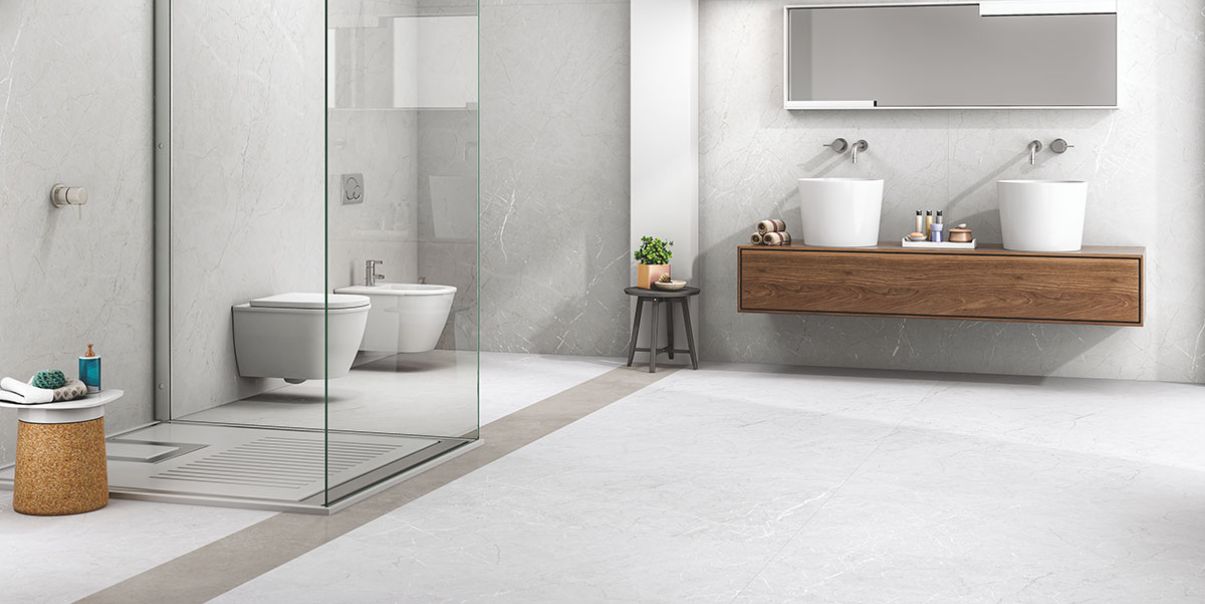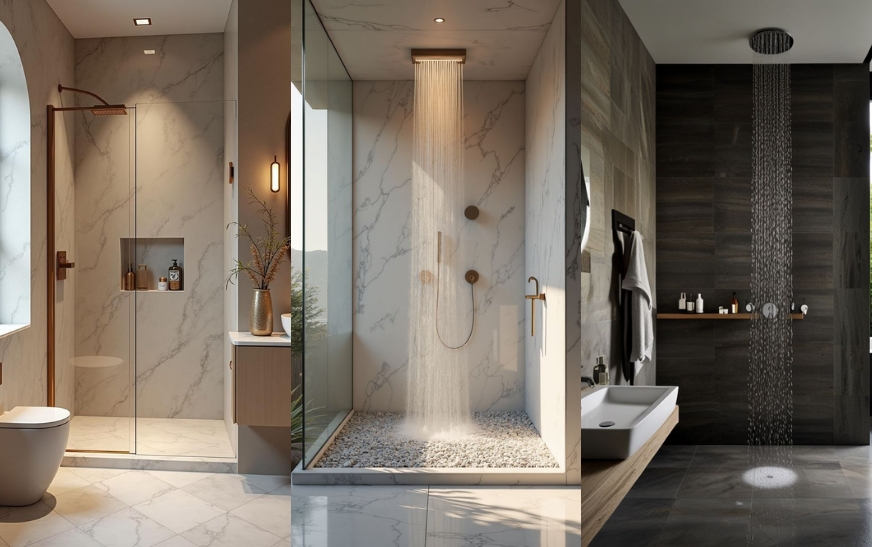A hot water shower after a long day is undeniably refreshing, but concerns about your water heater’s electricity consumption can put a damper on your enjoyment. To help you navigate these worries, understanding how to assess and manage the power usage of your water heater is crucial. This knowledge not only helps you make informed decisions when choosing a water heater but also enables you to optimize its efficiency, thereby saving on energy costs.
Understanding Water Heaters
Water heaters, often referred to as geysers, are essential appliances that heat water for various household needs. Whether it’s bathing, washing dishes, or cleaning, having a reliable water heater ensures convenience and comfort year-round. Choosing the right water heater involves considering factors like capacity, energy efficiency, and overall power consumption.
Water Heater Types and Functions
There are primarily two types of water heaters: instant water heaters and storage water heaters. Instant heaters are ideal for immediate hot water needs, such as in kitchens or for quick showers, while storage heaters maintain a reservoir of hot water for use throughout the day. Understanding your hot water usage pattern helps determine which type suits your household best.
Factors Affecting Power Consumption
Several factors influence how much electricity your water heater consumes:
- Wattage and Capacity: The wattage of your water heater directly impacts its power consumption. Models range from 2000 to 3000 watts, with higher wattage typically indicating faster heating but potentially higher energy use.
- Operational Hours: The duration your water heater operates daily significantly affects your electricity bill. Calculating your usage based on daily showers, dishwashing, and other activities helps estimate overall consumption.
- Energy Efficiency: Look for water heaters with higher BEE star ratings, indicating better energy efficiency. These models often have lower standby losses and consume less electricity over time.
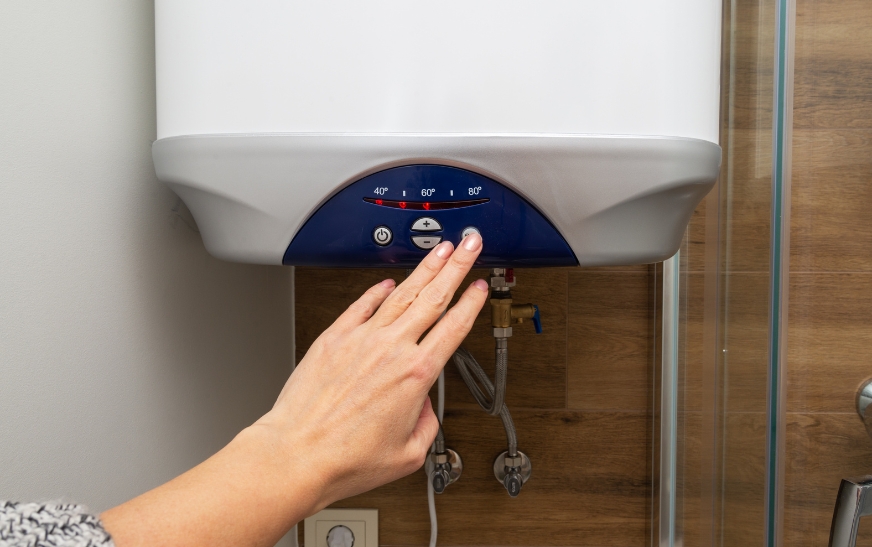
Calculating and Managing Power Consumption
Basic Calculation of Power Consumption
To estimate your water heater’s daily power consumption:
Total Power Consumption = Rated Capacity of the Water Heater (in kW) × Total Operating Hours
For example, a 3 kW water heater used for 2 hours daily consumes 6 kWh (3 kW × 2 hours = 6 kWh) per day. This calculation provides a baseline, but factors like standing loss and regional temperature variations also play significant roles.
Minimizing Power Consumption
- Temperature Settings: Set your water heater thermostat to an optimal temperature (around 60°C) to balance comfort with energy efficiency. Lower settings can save electricity without compromising your hot water needs.
- Energy-Efficient Models: Invest in water heaters with high BEE star ratings and advanced insulation to minimize standby losses. These features ensure efficient heating and reduced energy consumption over time.
- Usage Monitoring: Be mindful of how much hot water your household uses daily. Monitoring and adjusting consumption habits can lead to substantial savings.
Choosing the Right Water Heater for Your Needs
Considerations for Selection
- Family Size and Usage: Smaller families may find instant water heaters suitable for their needs, while larger households benefit from storage water heaters with higher capacities.
- Energy Efficiency: Evaluate the long-term savings potential of energy-efficient models versus initial costs. Higher-rated models often pay for themselves through reduced electricity bills.
Installation Requirements: Assess your home’s space and plumbing layout to determine whether a vertical or horizontal water heater suits your installation needs best.
Conclusion
Mastering your water heater’s power consumption involves understanding its operational dynamics, choosing the right model for your household, and adopting energy-saving practices. By implementing these strategies, you not only reduce electricity costs but also contribute to environmental conservation through efficient energy use. Remember, informed decisions today lead to savings and comfort tomorrow.
Understanding how your water heater works and managing its electricity consumption effectively empowers you to make smart choices for your home. Whether you’re renovating your bathroom or upgrading appliances, ensuring an energy-efficient water heater is key to modernizing your living space responsibly.

